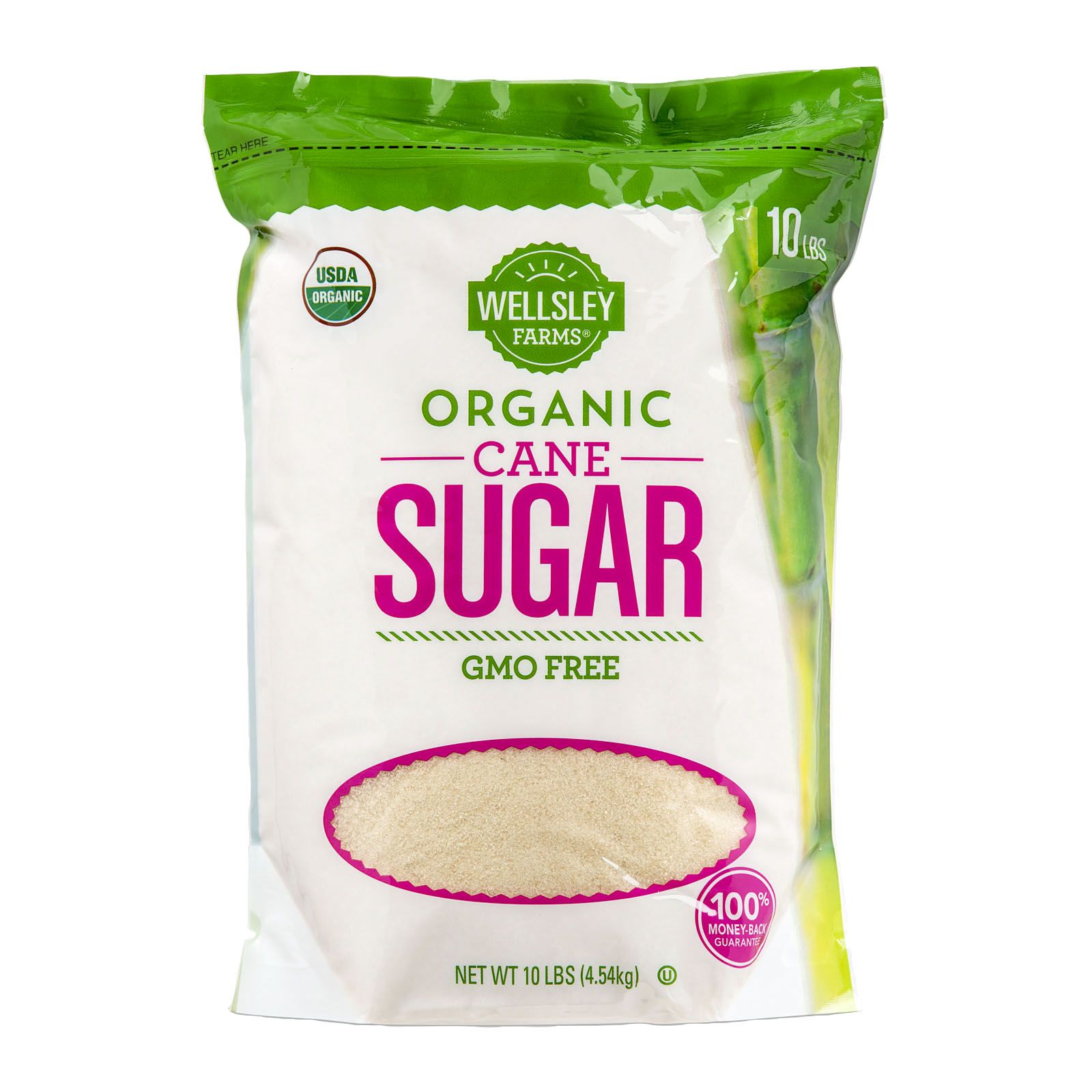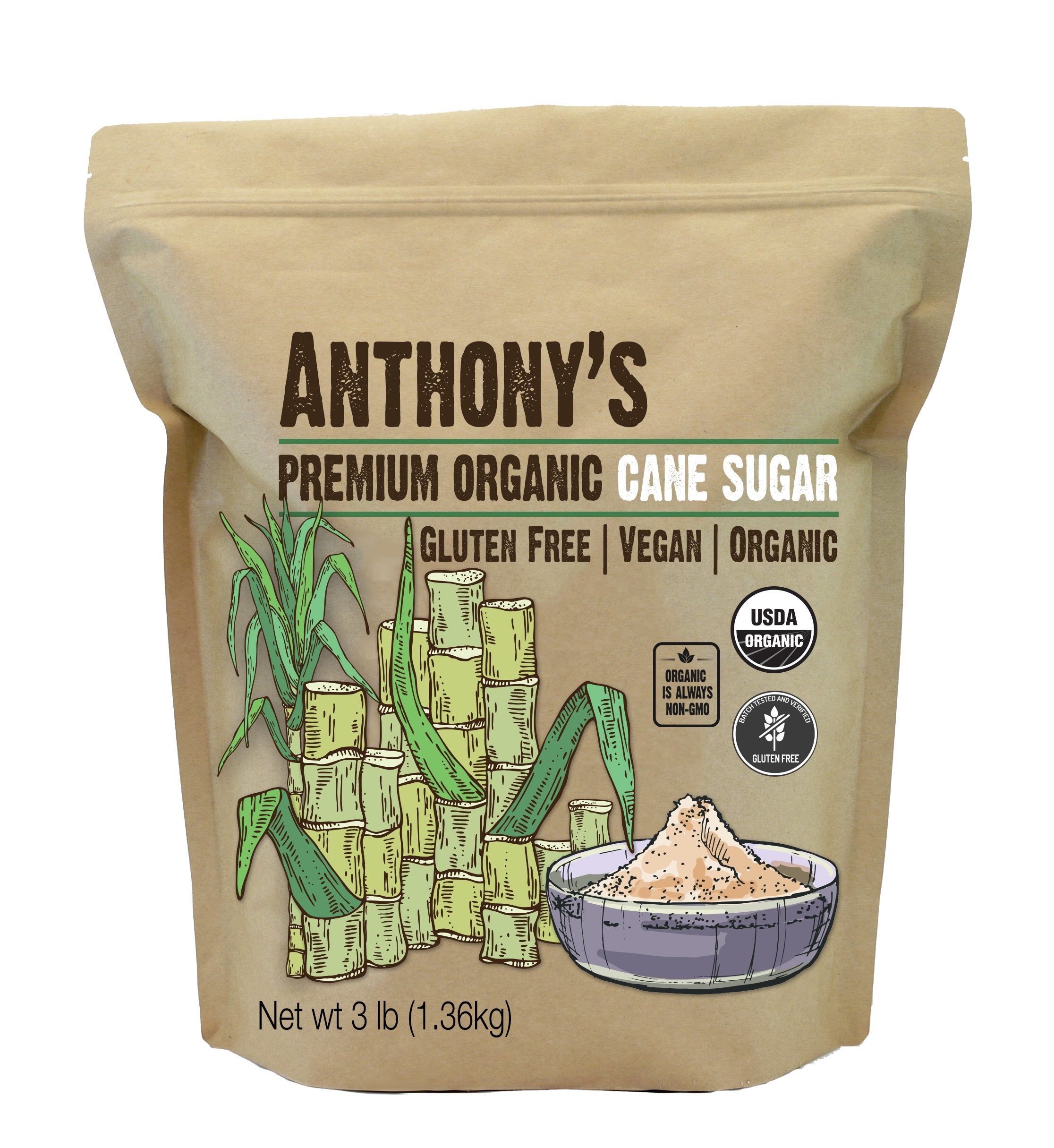Improve Yield with Advanced Cane Sugar Processing Chemicals
Improve Yield with Advanced Cane Sugar Processing Chemicals
Blog Article
Navigating Regulatory Conformity and Sustainability With Cutting-Edge Cane Sugar Handling Chemicals in the Chemical Export Industry

Regulatory Landscape Overview
In the realm of cane sugar processing chemicals within the chemical export market, recognizing the regulative landscape is critical for guaranteeing conformity and lasting procedures. Regulatory bodies such as the Environmental Security Firm (EPA) and the Food and Drug Administration (FDA) play a vital duty in supervising the production, import, and export of these chemicals. Compliance with policies established forth by these bodies is not just a lawful requirement but likewise essential for preserving public health and environmental safety and security criteria.
Regulative frameworks governing cane sugar processing chemicals encompass a vast array of elements, consisting of labeling demands, permitted levels of specific compounds, and standards for secure handling and disposal. For chemical exporters, this indicates adhering to rigorous documents processes, quality assurance steps, and periodic audits to demonstrate adherence to these policies.

Sustainable Walking Stick Sugar Chemical Innovations

One prominent area of advancement is the development of environmentally friendly chemicals that reduce water and power consumption during the sugar processing phases. By applying these sustainable services, business can reduce their carbon footprint while keeping high degrees of productivity. Furthermore, advancements in biodegradable chemicals are gaining grip, using a more eco-friendly choice to standard processing representatives.
In addition, the integration of renewable resource resources in the manufacturing procedure is becoming more widespread, further enhancing the sustainability profile of walking cane sugar processing. By welcoming these lasting walking stick sugar chemical developments, firms can not only meet governing requirements but additionally demonstrate a dedication to environmental responsibility in the chemical export sector.
Compliance Challenges in Exporting Chemicals
Browsing regulatory structures postures considerable difficulties for chemical merchants, requiring precise focus to compliance standards and international legislations. Exporting chemicals entails adherence to an intricate web of laws that differ from nation to nation. Among the main conformity challenges encountered by chemical exporters is ensuring that the items meet the details governing demands of the importing country. This consists of obtaining the needed licenses, certifications, and documents to demonstrate the safety and legitimacy of the chemicals being exported.
Additionally, chemical exporters have to remain abreast of frequently progressing policies and criteria connected to chemical handling, transport, and manufacturing. Failure to abide by these regulations can result in severe consequences, including penalties, lawful activity, and reputational damages. Moreover, navigating profession restrictions, assents, and export control regulations includes one more layer of complexity to the compliance landscape for chemical exporters.
To mitigate these difficulties, chemical exporters must invest in robust conformity programs, conduct routine audits, and engage with governing authorities to make certain a detailed understanding of the relevant legislations and policies. By focusing on conformity and staying aggressive in addressing regulative obstacles, chemical merchants can navigate the intricacies of worldwide trade effectively.
Environmental Impact of Walking Stick Sugar Processing
The environmental implications of walking cane sugar handling are an important aspect calling for extensive examination in the chemical export market. Walking stick sugar processing can have considerable ecological influences at different phases of manufacturing. One of the primary issues is the generation of huge quantities of wastewater having raw material, suspended solids, and chemicals made use of in the processing plants. This wastewater, otherwise properly dealt with, can contaminate water bodies, injury water life, and weaken total water top quality. Additionally, the burning of sugarcane fields prior to collecting, a typical practice in some regions, launches unsafe air contaminants and greenhouse gases into the ambience, contributing to air high quality problems and climate modification.
Moreover, the substantial usage of pesticides and plant foods in sugarcane cultivation can result in soil degradation, water contamination, and damage to non-target microorganisms. It is important for chemical merchants included in the walking stick sugar processing market to apply sustainable methods, spend in sophisticated wastewater treatment innovations, advertise accountable agricultural techniques, and comply with rigid environmental guidelines to minimize the adverse ecological effect of their procedures.
Future Trends in Sustainability Practices
What cutting-edge strategies are chemical merchants in the cane sugar handling industry embracing content to boost sustainability techniques for the future? As the need for sustainable methods remains to grow, chemical merchants are embracing different patterns to ensure a greener future for the market. One popular trend is the change towards creating and using eco-friendly chemicals in the handling of walking stick sugar. These chemicals are designed to lessen ecological effect while maintaining high degrees of performance in the manufacturing procedure.
One more crucial trend is the implementation of innovative technologies such as automation and data analytics to enhance source usage and minimize waste generation. By utilizing the power of information and automation, chemical exporters can improve their operations, enhance power performance, and website here improve total sustainability efficiency.
Furthermore, collaborations and collaborations with sustainability-focused companies and stakeholders are coming to be increasingly common. By collaborating, chemical merchants can trade expertise, share ideal practices, and jointly drive development in the direction of even more sustainable cane sugar processing techniques. Welcoming these patterns will certainly not just profit the setting yet additionally guarantee long-lasting success and competition in the sector.
Conclusion
Finally, the chemical export industry must browse intricate governing landscapes and sustainability difficulties when refining walking cane sugar. Advancements in cane sugar handling chemicals are crucial to fulfilling compliance criteria and lowering environmental effect. As the market remains to advance, it is very important for business to take on lasting methods and stay ahead of future patterns to make sure lasting success.
In the realm of walking cane sugar handling chemicals within the chemical export industry, recognizing the regulatory landscape is paramount for making sure compliance and sustainable procedures.Discovering ingenious techniques in the development of lasting cane sugar chemical remedies is vital for web link advancing environmental stewardship in the chemical export industry. Business are significantly investing in study and growth to produce innovative cane sugar processing chemicals that not only ensure high effectiveness in sugar manufacturing however additionally adhere to strict sustainability criteria.
In addition, chemical exporters need to stay abreast of frequently developing guidelines and criteria associated to chemical manufacturing, handling, and transport - Cane Sugar Processing Chemicals.The environmental ramifications of cane sugar handling are a crucial element calling for thorough exam in the chemical export sector
Report this page